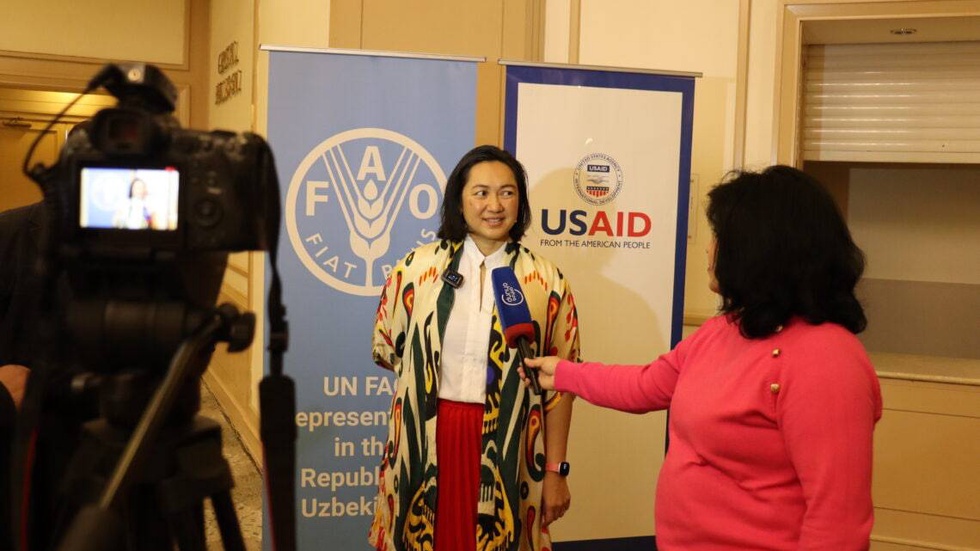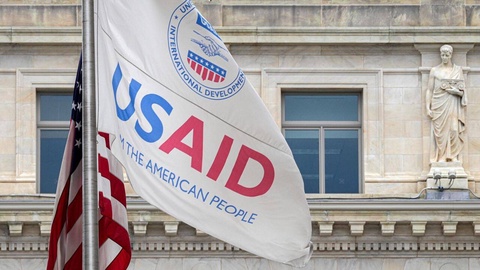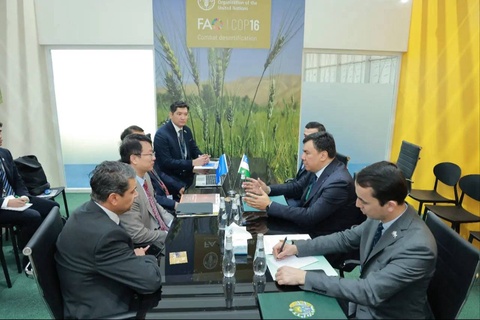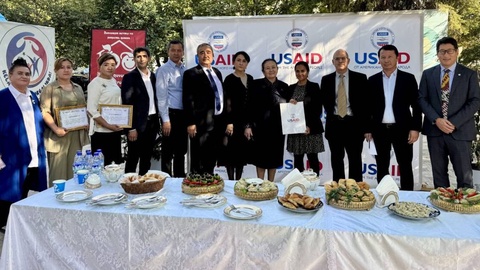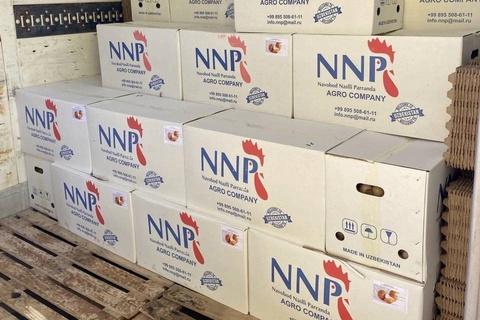The aim of the project is to increase the capacity of Uzbekistan to prevent, identify and respond in a timely manner to various threats that pose a danger to both animals and public health. The introductory seminar of the project brought together representatives of the agri-food sector, specialists in the field of veterinary medicine and animal husbandry, ministries and departments, international organizations, national research institutes and civil society.
The seminar presented the objectives of the project "Capacity building in the field of animal health, "Unified Health" and the fight against antimicrobial resistance to prevent and mitigate zoonotic threats in Uzbekistan", approved an annual work plan, and discussed key activities and priority areas for the implementation of this initiative.
As noted by the Deputy representative of FAO in Uzbekistan, Sherzod Umarov: "Animal husbandry plays an important role in the economy of Uzbekistan, being a source of income for a significant percentage of the rural population. Human health, domestic and wild animals, plants and ecosystems are closely interrelated. FAO is promoting this initiative as part of the transformation of agri-food systems to ensure human, animal, plant and environmental health."
The climatic conditions and geographical location of Uzbekistan determine the priority place of the livestock industry in agriculture. Cattle, sheep, goats, poultry and horses are the most economically productive species used for meat and milk production.
The COVID-19 pandemic has shown that animal-to-human diseases can reach any country or region in a relatively short period of time and spread widely. The introduction of an interdisciplinary and multisectoral "One Health" approach at the national, regional and global levels will contribute to effective disease prevention and control, since newest infectious diseases originate from animals. The implementation of the "One Health" approach will make it possible to combine efforts to increase preparedness for possible crises and reduce health risks that may arise from the interaction of humans, animals and the environment, which in turn will contribute to strengthening public health and the sustainability of food systems.
In this context, animal health and food safety continue to be key priorities in Uzbekistan. They represent a fundamental basis for ensuring food security for the most vulnerable groups of the population, as well as for protecting human health. At the same time, joint work in the field of animal health, food safety and public health is becoming important.


